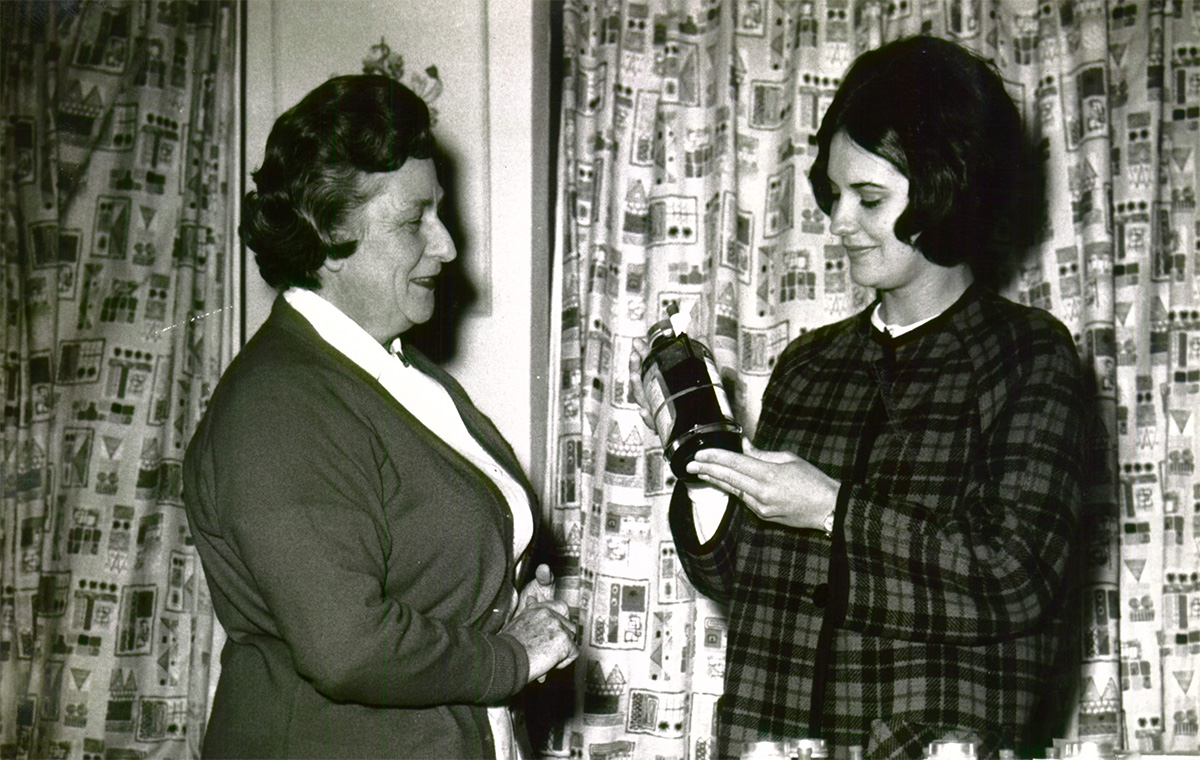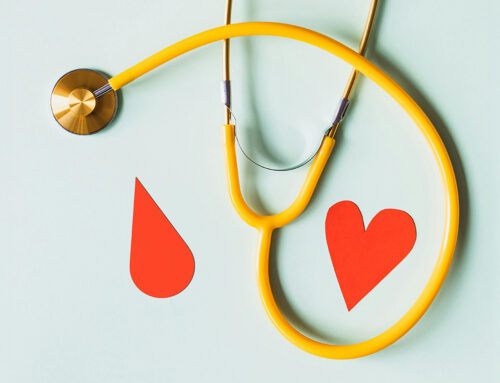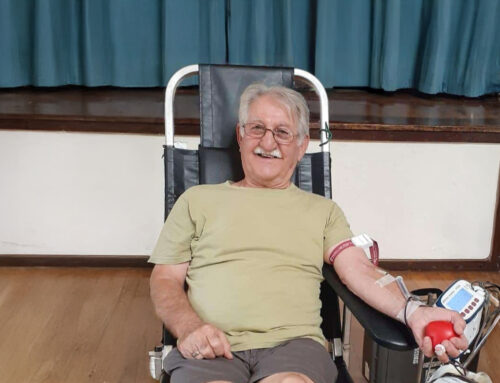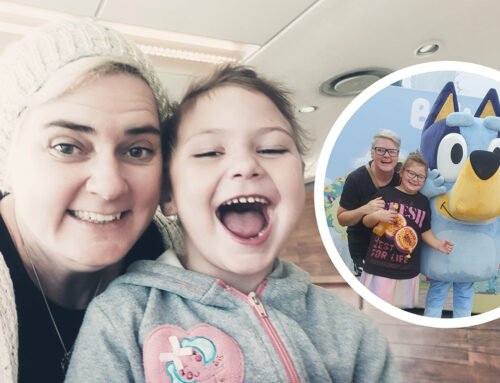Blood donation in South Africa has a long and rich history and the Western Cape Blood Service (WCBS), established in October 1938, has always played a vital role in ensuring a safe and sustainable blood supply in the province. The history of blood donation in the Western Cape started when the first meeting of the Cape Peninsula Blood Transfusion Service took place at Groote Schuur Hospital. We started with only 200 donors enrolling in the first three months.
In the 1930s, blood donation and transfusion was in its most basic phase of development. When a transfusion was needed, the donor would report directly to the hospital and blood would be directly transfused from the donor to the patient with no testing being performed to ensure a match or the safety of the blood.
Between 1939 and 1940 the Rh blood group system was discovered and WCBS was able to provide blood serum and whole blood to military hospitals during the Second World War from 1939.
In 1942, the Service obtained its own premises in St Georges Street where donors could come to donate, however only three donors could be accommodated at a time. At this stage, blood was collected in Horlicks milk bottles. No testing or cross matching was done on site, blood was delivered to government laboratories at Groote Schuur Hospital where the Service was assisted in developing suitable storage techniques and serum processing.
When the Service got its first mobile unit in 1949 it was able to go out and scout for donors all over the province. The company name was incorporated and changed to the Western Province Blood Transfusion Service. In the mid-1960s we expanded our reach and opened a branch in Worcester, followed shortly by Paarl, George and later Upington. The increased demand for blood meant the service could acquire a 2nd mobile unit and by June 1961 over 50 000 donors had given blood and the mobile units had visited 352 external clinics. During this decade the service moved twice, first to Broadway Centre and then later, in 1967 to Medi-park on the Foreshore. This expansion allowed for a comprehensive service for the technical aspects of blood transfusion. In addition, donor grouping, cross matching, serological, biochemistry and plasma aspirating laboratories were housed in the same building. It was also home to the largest single-unit blood bank in the country at the time.
In 1967 the service was closely involved with the first heart transplant that took place at Groote Schuur Hospital, which was a significant day for the organisation.
The 1970s saw many technological advancements including light-weight mobile equipment, plastic containers for blood collection, a walk- in cold room, hepatitis B testing as well as blood banks opening at Conradie, Victoria, Karl Bremmer and Somerset Hospitals. By the late 1970, a cell separation clinic was opened, the first of its kind in Africa and the first automated blood grouping analyser was installed. By the end of the decade the service took over the responsibility for all the blood banking services at all provincial hospitals.
During the 1980s testing continued to improve with Human Leukocyte Antigen and paternity testing introduced as well as testing for HIV infections.
In April 1990, the service moved to its premises in Pinelands and opened its first blood donation centre in Cape Town city centre. Progress was made regarding technology and automation in the field of blood grouping and viral testing during this time.
In 2009 and 2013 respectively N1 City and Blue Route mall blood donation centres were opened and we have since opened another three blood donation centres around the mother city. There have been many other positive changes in recent years including the changing of the donor acceptance criteria.
In 2019 the service changed its name to Western Cape Blood Service (WCBS) and moved to its new home in Ndabeni in November 2022.
The Western Cape Blood Service is proud to have grown from a small community organisation into one of the most technologically advanced blood services in Africa. Today WCBS is widely respected for its efforts to supply safe sufficient blood to all communities and will continue to ensure that it meets the highest standards when it comes to the collection, processing and issuing of blood to all patients who need it.





